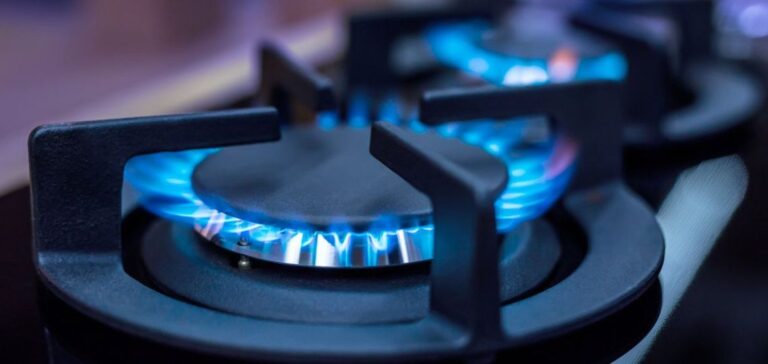Gas consumption in France, apart from its use in power plants, is expected to fall by 6.2% in 2022 compared to 2021. This decline is due to a combination of consumer conservation efforts and high gas prices. This information was announced on Friday by GRTgaz, the gas transmission system operator.
Sobriety efforts and high prices are behind the decline
The sobriety measures, promoted by the French government since October, have had a significant impact on gas consumption among households and professional consumers, according to Thierry Trouvé, CEO of GRTgaz. High prices in 2022 also contributed to this decline. Data has been adjusted for temperature effects to reflect consumption compared to seasonal norms.
“Usually, we see more of an annual decline of 1%, so this 6.2% drop is very significant. This is due to the civic-mindedness of consumers, but also to the very high prices that we have experienced,” commented Mr. Trouvé on France info. Taking into account a “climate effect” with a very mild autumn and winter, the decrease in gas consumption is even more significant, amounting to 9.3% for a total consumption of 430 TWh for all gas uses in France.
Record of using gas to produce electricity.
In detail, gas consumption fell by 16.6% in the public distribution network (households and professionals) and by 11.5% among large industrial companies directly connected to the gas transport network. However, this decrease in national consumption was largely mitigated by the sharp increase in the use of gas in power plants.
Indeed, the use of gas to produce electricity increased by 54.4% to 61 TWh over the year. “This is historic, we have never used so much gas to produce electricity,” said Mr. Trouvé to AFP. The power plants have indeed been running at full capacity to compensate for the temporary difficulties of the French nuclear power plant in 2021.
In conclusion, the decrease in gas consumption in France, apart from its use in power plants, is a positive consequence of consumers’ efforts to be more frugal






















